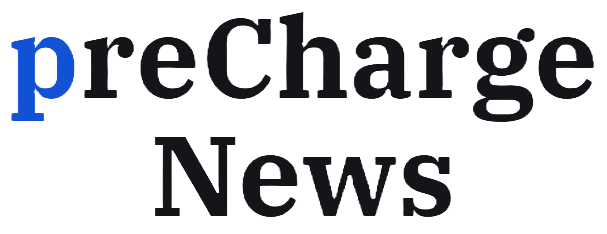

preCharge News BUSINESS — The Netherlands faces a paralyzing political crisis just three weeks before hosting a pivotal NATO summit. On Tuesday, far-right leader Geert Wilders abruptly pulled his Party for Freedom (PVV) from the fragile four-party coalition government, citing frustrations over the failure to adopt his hardline immigration agenda.
Prime Minister Dick Schoof quickly tendered his resignation, throwing the Dutch political system into chaos and triggering snap elections at a time of heightened geopolitical pressure in Europe.
Immigration Rift Masks Deeper Political Instability
Wilders blamed the collapse on his coalition partners’ refusal to implement his 10-point asylum policy, designed to halt most immigration and enact the “strictest asylum policy ever.” But analysts suggest immigration was merely the match—not the fire.
“Wilders found the kitchen too hot, so he got out before major defense spending decisions had to be made,” said Jan Paternotte, a senior lawmaker from the centrist D66 party.
Like other EU countries, the Netherlands has been increasingly fractured by bitter debates over immigration, housing, and security. This marks the second government to fall over immigration policy in just two years, after Mark Rutte’s coalition collapsed in 2023 for similar reasons.
“The ultimatum exposed the lack of true cooperation within the coalition from day one,” said Jess Middleton, senior Europe analyst at Verisk Maplecroft.
Defense Spending and NATO Pressure May Have Driven Exit
Behind the scenes, Wilders may have been more concerned with skyrocketing NATO defense expectations than asylum rules.
The Netherlands—along with all 31 other NATO members—is under mounting pressure to boost military spending to 5% of GDP by 2032, a target publicly backed by both former U.S. President Donald Trump and incoming NATO Secretary-General Mark Rutte.
In the short term, Rutte has urged countries to meet a more “realistic” 3.5% GDP target, which for the Dutch would require up to €19 billion ($21.6 billion) in additional annual spending.
“It was obvious Wilders didn’t want to raise taxes or cut public programs. So he got out before the reckoning,” said Paternotte.
Public Support for Wilders’ PVV Plummets
Voter confidence in Wilders has sharply eroded. According to a recent EenVandaag poll of over 16,000 people, PVV support has dropped from 37% last year to just 13%.
Only 10% of voters say they look back positively on the PVV’s short-lived time in power.
“Wilders wanted the coalition to fall apart,” said Armida van Rij, head of the Europe program at Chatham House. “He tried to use the NATO Summit as leverage, but it backfired.”
While Wilders claims that “millions” support his asylum crackdown, even some conservative allies say his coalition exit was a strategic move to avoid delivering on costly, unpopular defense commitments.
Caretaker Government Puts Key Policies on Ice
Following Schoof’s resignation, the remaining three coalition parties will continue in a caretaker capacity, unable to pass any new legislation unless deemed critical. The Dutch political system is now frozen just as the nation prepares to host global leaders at the June 24–25 NATO summit in The Hague.
The timing couldn’t be worse. Europe faces escalating tensions with Russia, economic uncertainty, and renewed debates over military readiness.
“Massive cuts in education and rising business anxiety have created a dangerous vacuum,” Paternotte warned.
He added, “Ironically, I think it’s good the government collapsed. Maybe now we can form a coalition that actually governs instead of bickering.”
What Happens Next?
Snap elections are expected later this year, though no date has been confirmed. Most analysts agree that Wilders’ chances of forming a new coalition are slim, as centrist and left-leaning parties have vowed not to work with the PVV again.
Polls suggest that the center-right VVD party, Rutte’s former base, stands to gain the most in upcoming elections. But with the nation divided and political fatigue mounting, no easy coalition path is in sight.
As the Dutch prepare to welcome NATO leaders later this month, they do so without a functioning government—just when global stakes are rising.
Want to earn some extra money on the side? Buy PCPi Coin or Subscribe to VIP and get dividens monthly.
____
Associated Press, CNBC News, Fox News, and preCharge News contributed to this report.

























